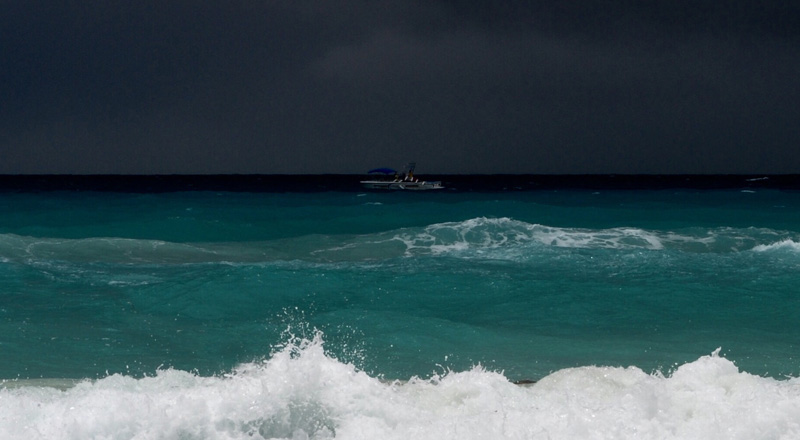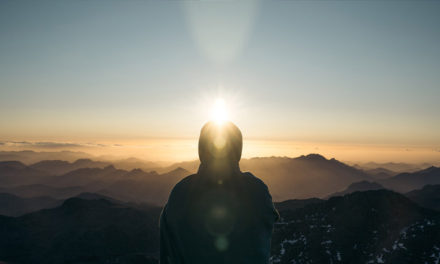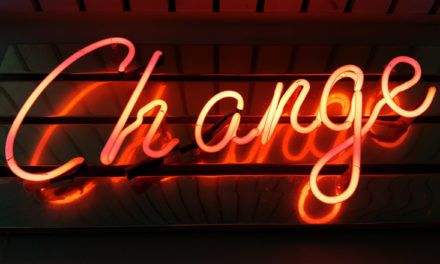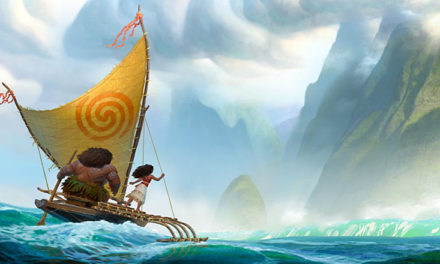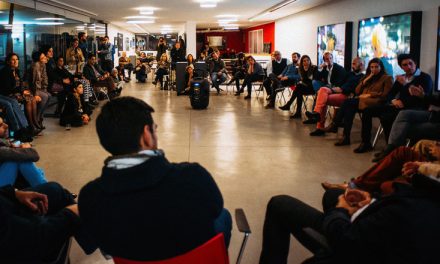In Different Boats
Tena tātou katoa e te iwi mīhana… (Greetings to all the people in mission),
This month’s whakataukī (proverb) is: “He pakaru ā waka e taea te raupine mai…” [A broken canoe is able to be repaired…]. The inference of this proverb is that the ravages of age cannot. The old cannot become young again (in this life). However, the opposite also holds—there is much that CAN be repaired, and it’s never too late to do so.
As we become restless with the COVID-19 restrictions, and affected nations tentatively start to open up for business again, there is a temptation to want to slap a quick fix on things and pretend the rupture didn’t happen. Conspiracy theories feed a deep need to establish some rationale that supports our fear-driven desire to gain back some semblance of control over our lives. Myths about some powerful cabal conspiring with multinationals and global government to manufacture a crisis in order to control us, start to sound somewhat sane. It feeds our desire to find meaning in the chaos created by the crisis.
Control… is a first-world luxury.
We like the idea that we have control over our lives and activities, but that is a first-world luxury. One of the indicators of being wealthy is the ability to choose from multiple options in life. Money buys that kind of freedom. Access to adequate resource buys things like education and healthcare and employment. That’s the irony of ‘the system’, you need to have some privilege in order to take advantage of the opportunities, which gain you (and your offspring) more privilege, options, and choice.
I am fortunate to live in a society that is founded on a sense of fairness. Very early in our development, a social contract was established where the wealthy would contribute to the wellbeing of the needy. It’s debatable, but I contend that this ideal is one heavily influenced by our indigenous values. Māori, and many indigenous people like us, have a deep sense of communal responsibility—an inbuilt welfare system if you will. Like most things, it can be toxic (e.g. fear of being penalised for bucking the status quo, which holds back individual pursuits) or healthy (one’s success lifts the whole group).
New settlers to this nation by and large came from places where they were getting a raw deal. Migrants only leave their homelands in pursuit of hope, a better life. Settlers came to Aotearoa New Zealand looking for the same, and our national values suggest they did not desire to replicate the inequities they left behind. Mistreatment of Māori and the Crown’s unlawful acquisition of land aside, we still have a deep and abiding national commitment to share with those in need.
There is a healthy tension to be struck between wanting to control our own prosperity and looking out for the prosperity of others.
These days that involves a compulsory redistribution of wealth through a taxation system (could be better, but it’s something), but we are also very generous donors. Aotearoa New Zealand is the only country in the World Giving Index to feature in the top ten of all three giving measures: helping a stranger; donating money; and volunteering time. We tend to be a generous people, concerned about “a fair go”.
There is a healthy tension to be struck between wanting to control our own prosperity and looking out for the prosperity of others. In the past week or so, the COVID-19 narrative seems to have split further into two camps; shifting on one hand to highlight what I would consider self-serving conspiracies, and on the other hand to draw our attention to the fact that, while we may be experiencing the same storm, we are all weathering it in very different types of boats.
We are all in the same storm, but we’re in different boats.
The first occurrence of the ‘different boats’ narrative I am aware of came from the Vatican. Father Augusto Zampini, responsible for Promoting Integral Human Development, challenges us all,
“Either we are going to be remembered as the most irresponsible generation in the history of the planet, or this crisis will provide a window of opportunity to become the generation that regenerates a healthy society with healthy people, with healthy institutions and with a healthy planet… we are all in the same storm, but we’re in different boats.“
He goes on to say some are in big boats (privileged), getting a little seasick in the storm, but otherwise bored. Far and away, the majority of the world’s population are, however, in dinghies or clinging to flotsam and holding on for dear life—not because of the virus per se, but because of the social situation it has caused. From Nigeria to India, people have stated they’d rather take chances with COVID-19 than starve to death. Persecuted Christians can be particularly hard hit and ignored locally.
I am regularly confronted with these realities as I attend WEA briefings on our COVID-19 response and the impact the virus is having on impoverished communities. The affect on the disadvantaged here in Aotearoa New Zealand is starting to emerge too, and this is just the beginning of a swell of overwhelming need in the face of reduced resource, access and ability to meet the needs.
How can we repair the broken waka/canoes? What is the appropriate missions response when borders are closed and finances are tight and personnel are hamstrung? There remain some missions workers still ‘out there’ (for the moment) but they are likely to feel as impotent in the face of overwhelming need as those of us at home.
The time for grand gestures may come, but for now we must be content to fix what we can. Be generous when the opportunity appears. Love well and pray lots. Trust God, and let’s #stayonmission.
Whakapaingia te Atua, to tatou kaiunga ki te ao whanui (May we be blessed as God sends us into the wider world),
Jay

